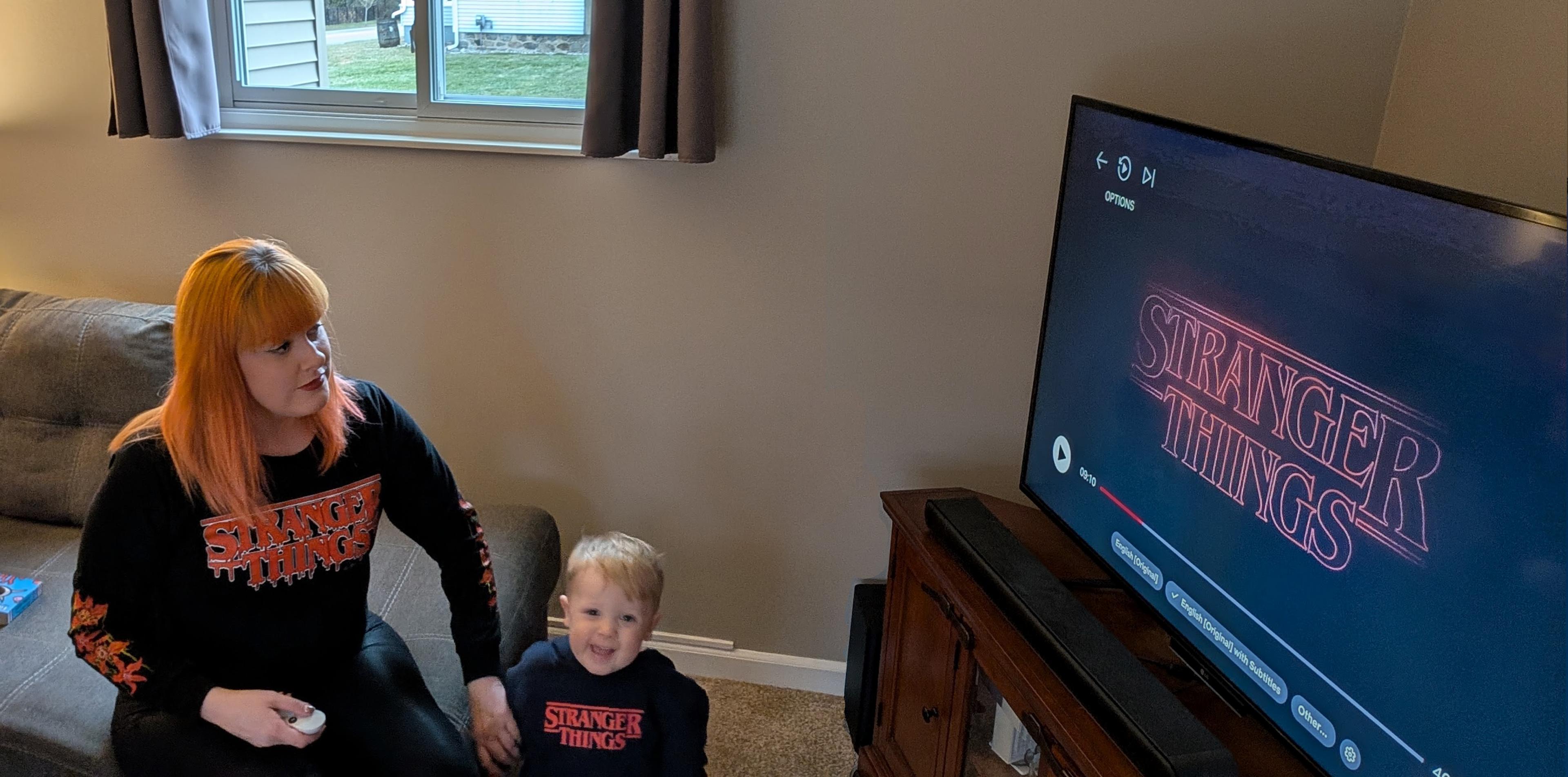Mental Health Resolutions to Focus On in 2021
Shandra Martinez
| 3 min read

Once all the holiday shopping, wrapping and gift-giving are finished, some of us might like nothing more than to sink into our couch for a much-deserved rest. Yet we often greet the New Year with a flurry of resolutions – a list of things we want to tweak in our lives to make us feel new and improved. If you are making resolutions this year, don’t forget to put your own mental health at the top of your list.
Why focus on mental health? Traditionally, resolutions targeting more exercise, giving up high-calorie foods and promising better financial decisions compete for space on a New Year’s list. But there are some important reasons your own mental health should be added to any effort to reshape your lifestyle in 2021. Putting your own well-being first means you will be better equipped to care for everyone else in your life, therapists say. If you are feeling run-down, functioning on little sleep or just feeling anxious that the things you are doing are not enough, it’s time to concentrate on rebuilding your own mental health before you can be there for your family and friends. A New Year’s resolution is the perfect way to put that effort into action.
Take small steps. Mental health resolutions are not overnight fixes. They are not like getting a new hairstyle or trying on a new outfit – a quick change that makes a difference only on the outside. Real change geared toward improving your mental health requires small steps, often repeated daily, that become part of your everyday life. Studies have shown that less than 25% of people typically stick with a New Year’s resolution more than a few weeks. But keeping your mental-health boosters as bite-sized steps and doing them regularly will help establish a pattern you can keep.
Here are a few mental health resolutions to pick from in 2021:
Make self-care a priority: This could mean an uninterrupted 15 minutes to shower and smoothe on moisturizer each day, or it could be a vow to start each morning with a warm cup of tea. The idea is to find a window of time devoted to caring for yourself. Quiet meditation, daily yoga poses and time for journaling also fit this resolution.
Practice gratitude: If you make time each day to focus on what you are grateful for, it will improve your mental health. You will be choosing to look at the positive things in your life – no matter how small – and feel richer because of them.
Work smarter:This one is all about finally committing to a better work-life balance – one that actually leaves time for your personal life. In this era of more people working remotely, our jobs tend to spill over into time we used to set aside for ourselves and our families. Resolve to have a clearer dividing line between work and home to ensure you have time for yourself.
Strengthen your connections with friends: Friendships need to be nourished. While many of us are not seeing our friends as much as we would like because of pandemic restrictions, those connections are important to our mental health. Set up “play dates” where you can meet a friend for a walk or some other outside adventure. If they are far away, make sure to schedule regular video chats to keep those bonds strong.
Related:
Photo credit: Getty





